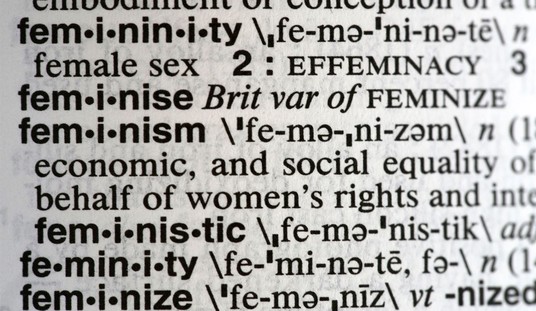In the early 1990s, toy maker Mattel got into hot water for manufacturing a talking Barbie doll that warned children: “Math class is tough.” Yet 20 years later, if we could pull their string, most politicians would probably say just that.
It’s budget season in Washington, D.C. (actually budgets were due months ago, but better late than never) and the White House is trumpeting a budget it insists will “cut” federal spending. Even on big entitlement programs.
The Obama administration claims its budget would reduce the deficit by $1.8 trillion over the next decade. This isn’t exactly accurate. Even after the much touted sequester (which the White House promises to replace with this new spending proposal) federal spending would actually increase over the next decade.
Indeed, when politicians talk about spending cuts, they generally mean reductions in how much more they intend to spend in the future. This year’s spending always seems to be a floor that politicians don’t dare go beneath, even though that’s exactly what a “cut” is, and even though most Americans have had to make actual “cuts” in their personal spending in recent years.
Perhaps Washington’s problem stems from the fact that it doesn’t keep very good books. In his book, Hamilton’s Blessing, historian John Steele Gordon writes about the national debt. One reason it’s grown so large, he points out, is that the federal government doesn’t use proper accounting principles.
“To this day the government makes no attempt to determine even so basic a measure of efficiency as the overhead of any of its vast array of departments, bureaus and agencies,” Gordon writes. “And the U.S. government still doesn’t use double-entry bookkeeping. It keeps its books the way you and I keep our checkbooks.”
Recommended
One big problem with the government’s outdated accounting is that it doesn’t bother to keep track of the big spending it has promised (in our names) in the future. “The federal government’s unfunded pension obligations, for instance are in the trillions but don’t show up in the books at all,” Gordon writes. That means Social Security, and doesn’t account for the government’s other financial responsibilities.
There outta be a law against ignoring promised spending, and there are. Several. From Sarbanes-Oxley to Dodd-Frank, lawmakers have spent plenty of time and years of effort attempting to tell people how they may run their businesses. It’s just that the laws don’t apply to the government. “People sometimes joke: ‘If I ran my business like the government does, I’d be in jail.’ The thing is, that’s not a joke: Businesses are expected to account for their liabilities,” Kevin Williamson writes at NRO. “Lying about your liabilities is a crime. You can go to jail for that. Government at every level lies about liabilities, from the halls of power in Washington to third-rate burgs such as Stockton and San Bernardino.”
And it’s taxpayers who are on the hook, because all these spending promises have been made in our names. If you distrust a company’s books, don’t buy its stock. But Uncle Sam’s books are all of our responsibility, whether we approve or not.
When Gordon wrote his book back in 1997, he recommended that the government set up an independent accounting board to keep the federal books honestly and without political spin. “There can be no serious reform of the federal budget process until control over the books is taken away from politicians,” he wrote.
That hasn’t happened, and the problem of over-promising and over-spending has only grown worse in the 15 years since.
As Mattel found out, math may be tough, but it’s also unavoidable. Our country’s bills will come due, during our lifetimes and our children’s’ lifetimes. Let’s keep that in mind and demand real cuts, while there’s still time.

























Join the conversation as a VIP Member